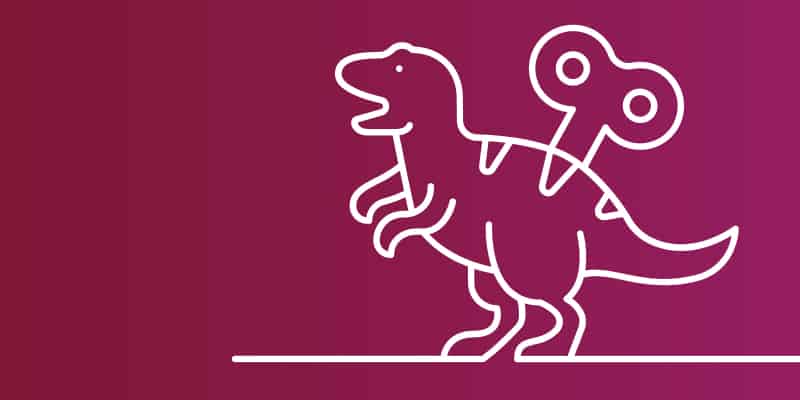I know someone who simply refuses to get a smartphone. She insists that she doesn’t need such a device and is deaf to the argument that she is missing out on some very beneficial technology, not to mention the fact that many of our everyday transactions, such as banking and GPs’ services, are migrating fast to apps.
Curiously, she has no objection to owning a laptop and a smart TV, and she is a big fan of email, so she is not a complete dinosaur. Her stand against smartphones seems irrational but, if there is a reason, it seems to be based on a fear of ‘big brother’ in the guise of Google or Apple.
However, when it comes to the advance of technology, history shows that resistance is futile. If the benefits are clearly demonstrable, most people will adopt whatever new gadget or system is offered. The ones that don’t work so well get binned; it’s an evolutionary process.
And when it comes to corporations and organisations, who are (or should be) quick to identify any innovations that could streamline their processes, make efficiencies and save costs, new technologies have eager customers. Unlike ‘ornery’ humans, they do not put up barriers to progress.
Our sector has been quick to catch on to the fact that its unique challenges can be much more easily addressed by the application of specially developed suites of software and, increasingly, hardware units that are connected by the internet of things (IoT).
This latest development takes the management of properties and tenancies to a proactive level, the benefits of which are proving themselves rapidly. The installation within individual properties of sensors that can monitor temperature, humidity, smoke, leaks and physical movement can provide data to maintenance teams without waiting for reports from tenants who may or may not realise there is a problem brewing.
The resulting data can be interrogated by artificial intelligence (AI) to see whether there is an evolving trend and, if so, automatically schedule action, which is a more efficient approach than reacting to random requests. It’s no wonder this type of system is gaining ground fast.
Of course, it’s not without its problems. The IoT allows devices, software and people to connect and communicate wherever they are, which means there’s a lot more data to handle. Consequently, back-office servers will need beefing up and cyber-security must be constantly upgraded to address the new threats that will appear.
The continuous refinement of systems is what the march of technology is all about, and IoT is proving its value daily and in all sorts of ways. If there is a credible business case for resisting such technology in our sector, I would like to hear it.
There may well be someone out there who, like my luddite acquaintance, raises the spectre of ‘big brother’ but even so, this is a view to be considered, not dismissed out of hand.
Whenever we talk about AI, people want reassurance, understandably, that there is a human face to the system, someone who will mediate between the data on the spreadsheets and the people who are meant to benefit from it.
Data might be sorted algorithmically but individuals are not so predictably rational in their decisions. The only thing we can be sure of is that they all want a safe, secure, warm and dry home and that should be the point of the technology.
George Grant is the CEO, publisher and co-founder of Housing Technology.


